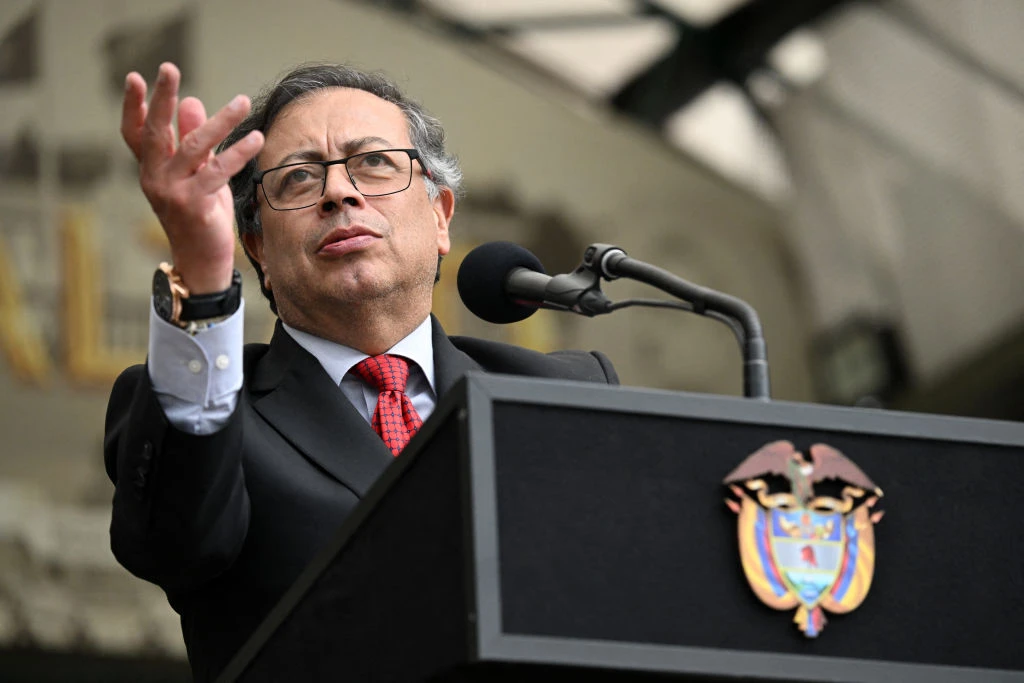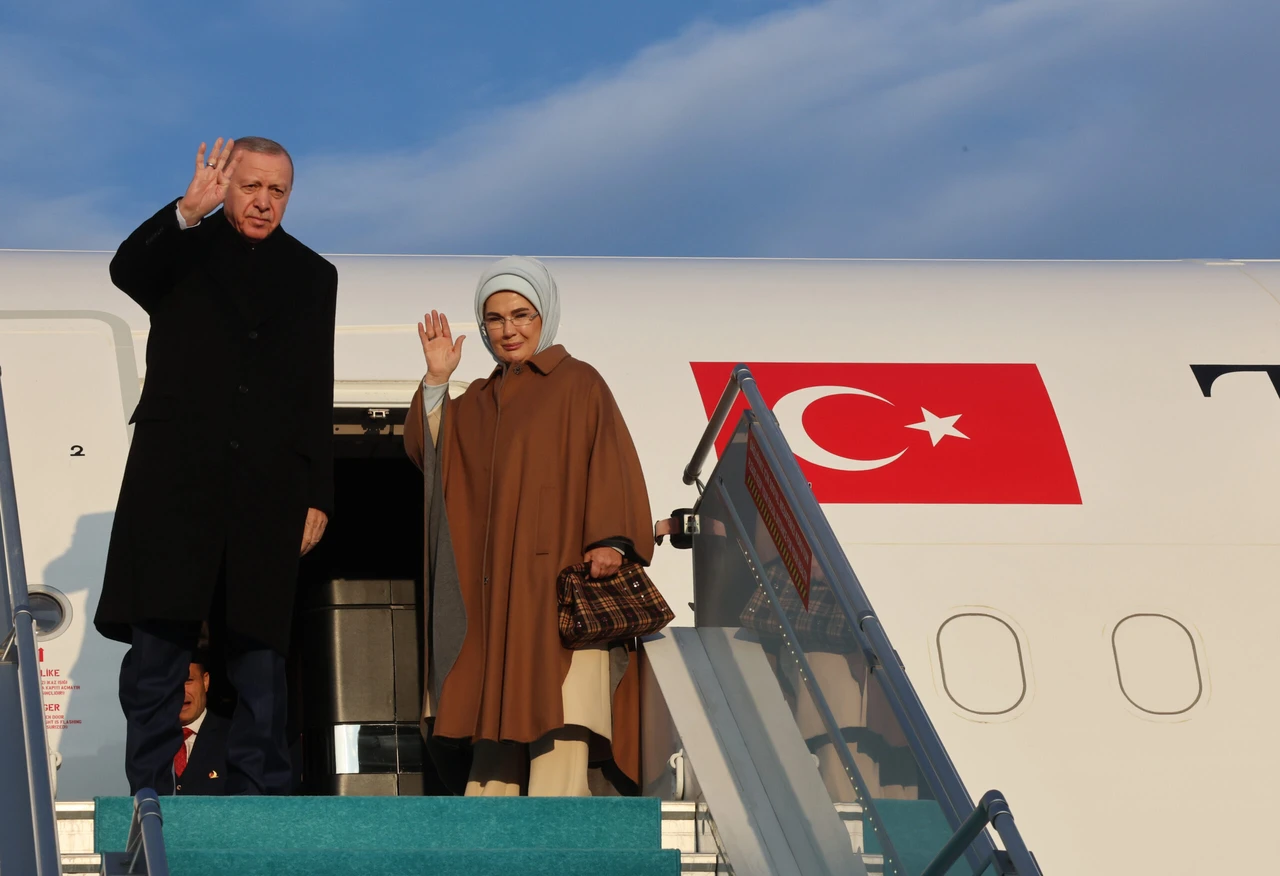Colombian president says cocaine ‘not worse than whisky,’ challenging US ties
 Colombian President Gustavo Petro delivers a speech during a military ceremony at the Jose Maria Cordova Military School in Bogota, on December 15, 2023. (AFP Photo)
Colombian President Gustavo Petro delivers a speech during a military ceremony at the Jose Maria Cordova Military School in Bogota, on December 15, 2023. (AFP Photo)
Colombian President Gustavo Petro’s declaration that “cocaine is not worse than whisky” during a live-streamed cabinet meeting has sparked concerns over the future of the long-standing U.S.-Colombia anti-drug partnership, marking a dramatic shift from decades of coordinated narcotics control.
“The business could easily be dismantled if cocaine were legalized worldwide. It would be sold like wine,” Petro said during the Feb. 4 cabinet session at the Casa de Nariño presidential palace, broadcast live in an unprecedented move.
The statements come at a critical time for U.S.-Colombia drug enforcement cooperation, with Colombia recently reporting major successes in their joint efforts, including an 8.2-ton cocaine seizure at Buenaventura port.
Colombian President Petro takes aim at US fentanyl crisis
Petro further challenged U.S. drug policy by criticizing its handling of the fentanyl crisis. “Fentanyl appeared as a pharmaceutical drug from American multinationals, who started distributing it for profit,” he said. “Now they blame the Mexicans. Yes, of course. The fault lies in the business within their own borders.”

The Colombian president’s remarks represent a significant departure from his administration’s current policy of targeting major drug trafficking operations.
The apparent contradiction between his public stance and his government’s enforcement actions raises questions about Colombia’s commitment to bilateral drug control agreements.
Decades of US-Colombia partnership against drugs at risk
Colombia has historically been the United States’ strongest anti-narcotics ally in South America, receiving billions in U.S. aid for drug enforcement since the launch of Plan Colombia in 2000. Petro’s term ends in August 2026, but his recent statements could potentially reshape this crucial partnership.
The televised cabinet meeting, which also revealed internal disagreements among top officials, including Vice President Francia Marquez and Environment Minister Susana Muhamad, suggests growing tensions within the administration over drug policy direction.
In comparing cocaine to legal substances, Petro argued that cocaine’s illegal status stems from its production in Latin America rather than its health risks. “And the cocaine is illegal because they make it in Latin America. Not because it’s worse than whisky,” he stated during the meeting.
These statements emerge as Colombia continues to be the world’s largest cocaine producer, with both nations’ law enforcement agencies working jointly to combat drug trafficking organizations that threaten regional security.



